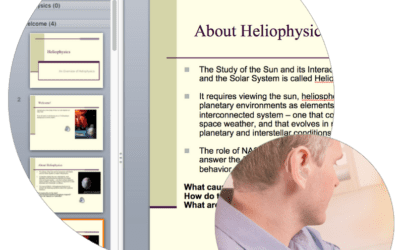Section 508 Federal Standards Compliance Under Senate Inquiry Led by Chairman Casey
Chairman of the Senate Special Committee on Aging Bob Casey (D-PA) led a bipartisan group of Senators this week to request the Government Accountability Office (GAO) examine whether the federal government is complying with Section 508 of the Rehabilitation Act (P.L. 93-112), which requires the government to make electronic and information technology accessible to people with disabilities. Chairman Casey was joined by Senator Patty Murray (D-WA), Chair of the Senate Health, Education, Labor, and Pensions Committee; Senator Richard Burr (R-NC), Ranking Member of the Senate Health; and Members of the Senate Special Committee on Aging: Senators Kirsten Gillibrand (D-NY) and Mike Braun (R-IN).
Addressing Section 508 Compliance: Ensuring Accessibility for Americans with Disabilities
The American public has an estimated 26 percent disability rate. The rate is higher among those over 65, a rapidly growing segment of the population. According to the Chairman, Section 508 compliance is essential to ensure that a large share of Americans, including people with disabilities and seniors, have access to government information and technology. In particular, the coalition requests answers to the following questions:
-
Are agencies consistently assessing and reporting how they implement Section 508 requirements? Is there a mechanism for the public to report problems with agencies’ compliance with Section 508 standards?
-
What responsibilities do federal agencies have in terms of providing technical assistance or monitoring compliance with Section 508 standards?
-
Under Section 508, are agencies and departments meeting their oversight responsibilities?
-
In the case of Section 508 non-compliance, what recourse is typically available to the public or government employees? When federal employees or the public report non-compliance with Section 508, how do departments and agencies respond? If they maintain records of those reports, how long do they typically keep them?
-
What steps does the United States Access Board take to ensure that its technical assistance reflects the most current accessibility standards?
Chairman Casey led the bipartisan letter to ensure effective federal oversight and enforcement of Section 508 requirements. In a letter earlier this month, Chairman Casey urged the Department of Veterans Affairs (VA) to improve its web accessibility for disabled veterans, as well as the Department of Justice (DOJ), to provide long-overdue information about federal web accessibility.
Read the full article here.





